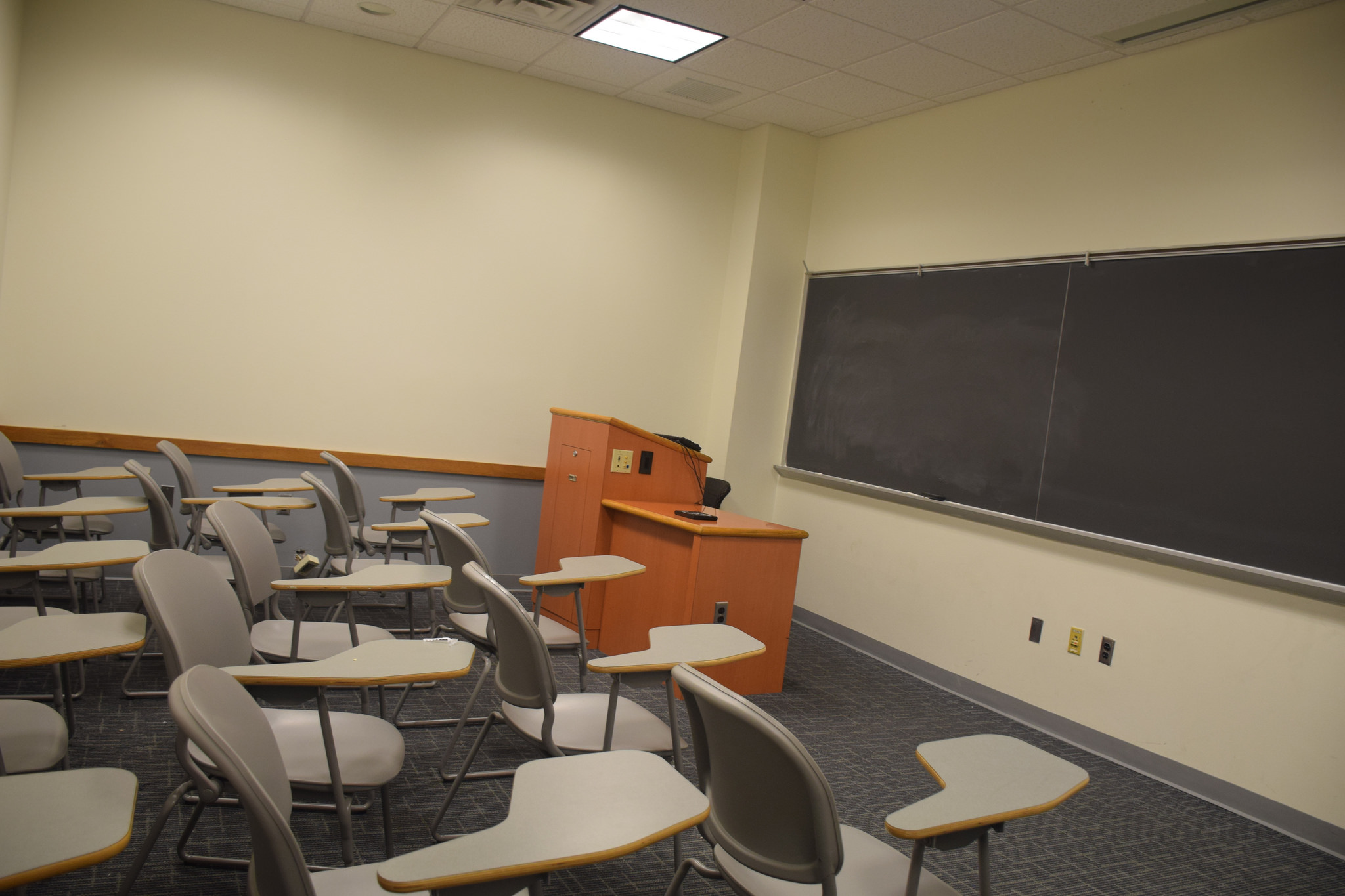Of the many adjectives that can be used to describe America’s post-secondary education system, “transparent” is not one of them. Unfortunately, Georgetown’s course evaluation system is not an exception to this rule. Despite its relentless email and advertising campaigns to solicit student participation course evaluations, the university neglects to inform students that there is no guarantee that any faculty besides their professors will read their comments.
The Editorial Board recognizes that there are legitimate reasons for keeping evaluations private. One glance at Rate My Professor’s listings seems enough to justify administrators’ efforts to contain offensive comments. Notwithstanding, the comments section in course evaluations can provide details about what professors teach and how they teach that quantitative reviews provided by the university registrar on MyAccess cannot. Given the many biases embedded in simple numerical ratings, like the positive correlation between high marks from professors and higher ratings for professors, or the documented bias of giving better scores to male professors, it’s questionable that numbers can tell much of a story at all.
Such tensions embedded in course evaluations are but one aspect of broader issues in higher education that pit professors against students. Although there are professors who manage to balance their research and professorial responsibilities, the sense that professors are researchers first and teachers second is still prevalent among the undergraduate student body. Georgetown is understandably proud of its diverse and accomplished faculty, who are often lauded practitioners in their fields. But all students should have an avenue to express their opinions on their courses and professors, and to know that their opinion is taken seriously by university faculty.
Faculty research is essential to the mission, both historical and current, of any university. It is also a public service, enhancing the corpus of human knowledge, but it often comes at undergraduates’ expense, which hardly seems fair given the costs of a Georgetown education and the Jesuit commitment to education through interactive discourse. The Editorial Board has heard students frequently complain that their professors are absent for days on end attending far-off scholastic conferences, or that they limit their office hours such that there is little hope of getting productive face time with them.
We propose that qualitative course feedback be better utilized by department chairs in order to hold professors accountable to their students. This begins with extending access to written feedback to department chairs or to a third party auditor. After all, Georgetown entrusts undergraduates to run its coffee shops, its residences, and even its emergency medical service. Surely it can trust us to take a little more ownership of our education as well.
File Photo: Joshua Raftis/Georgetown Voice





